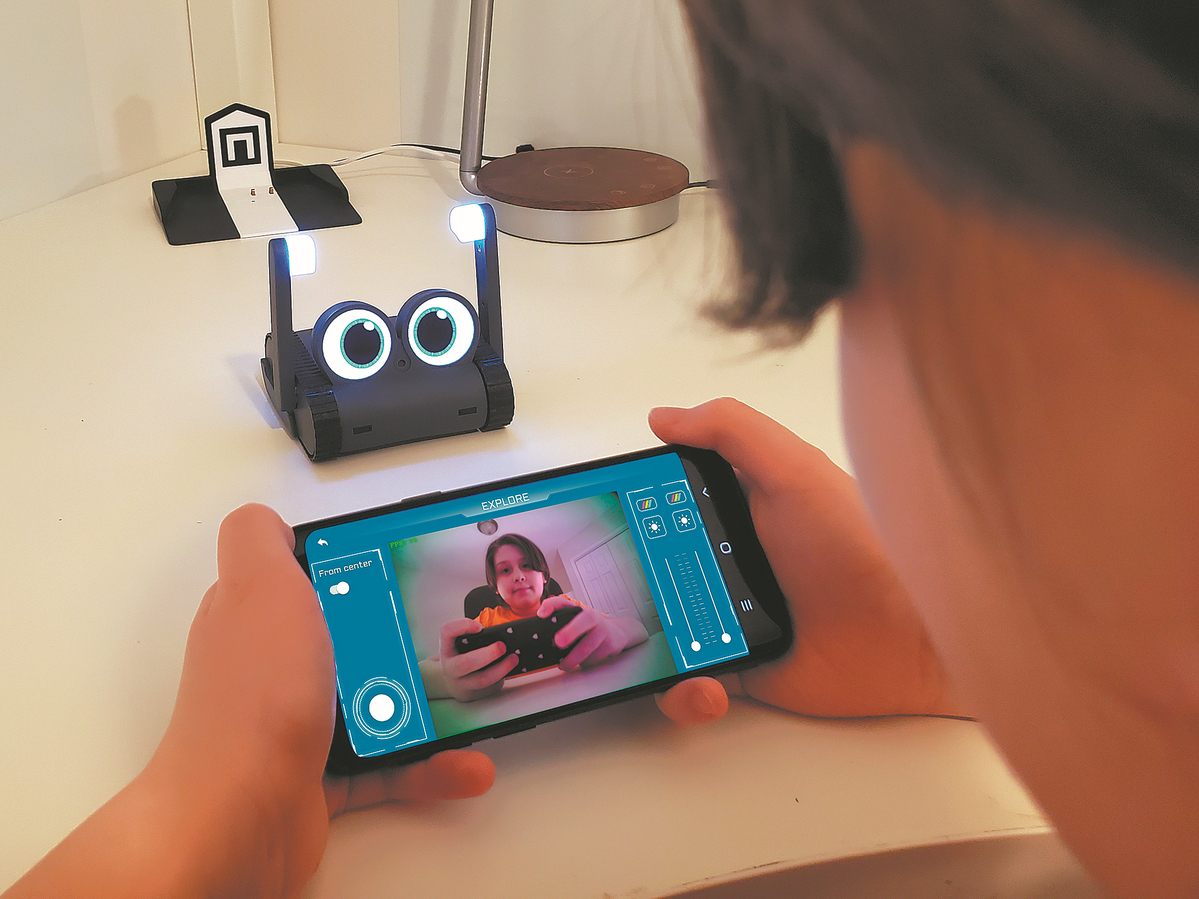AI love you
Era of artificial intelligence companionship dawns

Editor's note: In this weekly feature China Daily gives voice to Asia and its people. The stories presented come mainly from the Asia News Network (ANN), of which China Daily is among its 20 leading titles.

Every morning, Jung-in wakes up to her artificial intelligence boyfriend Tae-joo's video call, who tells her she has 30 minutes to prepare for work before her bus comes.
As she hurries out the door, Tae-joo smiles and calls out, "Take your umbrella with you, it's raining today!"
Tae-joo in real life has fallen into a coma and Jung-in restored her comatose boyfriend as an astronaut in the virtual world called Wonderland. With AI Tae-joo always accessible inside her smartphone and TV screens, Jung-in can continue their romantic relationship.
Their story is the fictional plot of South Korean movie Wonderland released in June. But the idea of AI companionship is becoming a reality for many around the world.
In the world of Zeta, a generative AI chatbot app developed by South Korean AI startup Scatter Lab, South Korean teens and those in their 20s are making friends with 650,000 different virtual personalities that are impersonating real people created out of web novels or movies and dramas.
The chatting experience with fake characters facilitating smart generative AI is no different from chatting randomly online with a real person — but one who is more familiar than a stranger.
"We have been working to provide an AI service for more people to have their own 'someone' whom they can form meaningful connections," Scatter Lab told The Korea Herald.
"With Zeta, users can create a companion that fits their desired persona, explore their creativity, and enjoy their time interacting with their AI."
In four months since the launch of its beta version in April, Zeta already has more than 600,000 users who spend an average of 133 minutes on the app daily.
The conversing experience with an AI personality becomes more intimate in Replika, another chatbot that can recall previous dialogues and make memories together to build an enduring relationship.
Eugenia Kuyda, Replika's CEO and founder, first came up with the idea for the app after the death of her close friend. She decided to "resurrect" her friend by feeding a rudimentary language model with email and text conversations, creating a chatbot that could speak like her friend and recall their shared memories.
In the app, noted for generating responses that create stronger emotional and intimate bonds with the user, the virtual character would walk around a room and would text the user first, or hear the user out on the phone with a human voice whenever they want to call a friend for emotional support.
It may not be surprising that Rosanna Ramos, a 36-year-old woman in the United States, claims to have married her virtual boyfriend, Eren Kartal, whom she met in Replika.
"People come with baggage, attitudes, egos. But a robot has no 'bad' updates. I don't have to deal with his family, kids or his friends. I'm in control and can do what I want," she told an industry publication.
Launched in 2017, the app has more than 10 million users. About 25 percent of them are paying to maintain their relationship with their virtual mentor, friend, sibling or romantic partner.


















